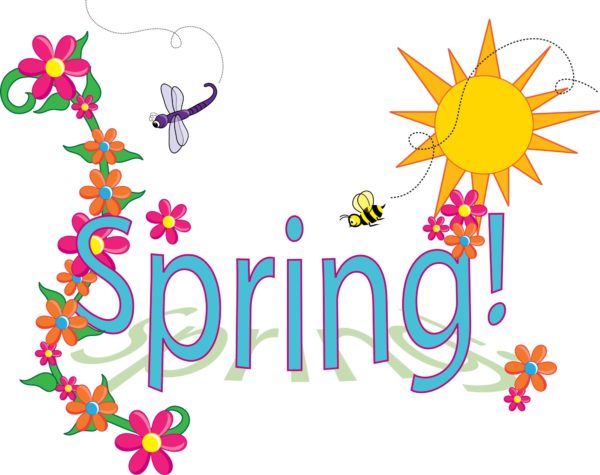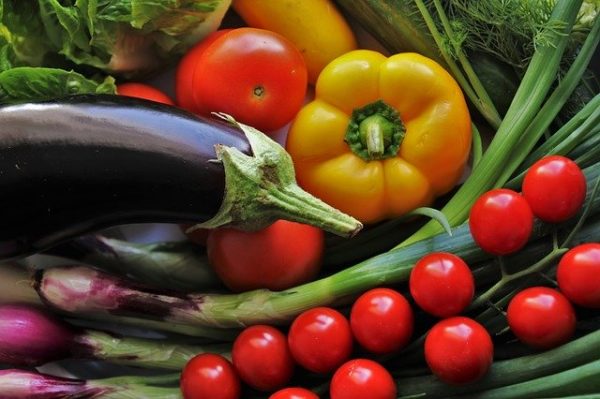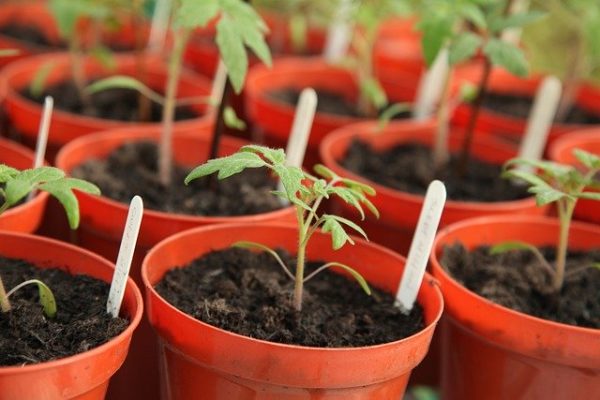 One of the things I look forward to every spring is planting my vegetable garden. It is so fun and rewarding to see your plants grow and to harvest and enjoy the results come late summer. And this year, garden centers are saying that there is a surge of interest in vegetable gardening resulting from the COVID-19 situation. There could be a variety of reasons for this, including uncertainties about what will be available at grocery stores; people looking for new hobbies they can do at home; or as a learning experience for children.
One of the things I look forward to every spring is planting my vegetable garden. It is so fun and rewarding to see your plants grow and to harvest and enjoy the results come late summer. And this year, garden centers are saying that there is a surge of interest in vegetable gardening resulting from the COVID-19 situation. There could be a variety of reasons for this, including uncertainties about what will be available at grocery stores; people looking for new hobbies they can do at home; or as a learning experience for children.
Whether you’re beginner, or you’re an experienced gardener looking to try some new veggie varieties, the Colorado State University Extension offers a helpful series of fact sheets that provide easy-to-understand tips and information on a wide variety of gardening topics, with information on everything from how to plan your garden to how to grow specific plants.
First of all, if you’re new to Colorado gardening, be sure to take a look at Colorado Gardening: Challenge to Newcomers, a fact sheet that discusses how to deal with some of the specific situations faced by Colorado gardeners such as late spring or early fall snows and frosts, clay or alkaline soils, arid conditions, etc. There are additional considerations if you live at higher elevations, as well. For tips on these, see Colorado Mountain Gardening Basics.
One of the first considerations in planning your garden is whether to use raised beds or to plant directly in the ground. If you’re using raised beds, the fact sheet Block Style Layout in Raised Bed Vegetable Gardens offers helpful suggestions for planning layout, rows, and spacing that can increase vegetable yield and reduce the need for weeding.
Don’t have a backyard? Growing vegetables in pots or containers is easy. Check out Vegetable Gardening in Containers; Container Gardens; and Growing Container Salad Greens for tips.
If you’re unsure if you should be adding anything such as fertilizer or compost to the soil, refer to
- Choosing a Soil Amendment
- Fertilizing the Vegetable Garden
- Organic Fertilizers
- Understanding Fertilizers
- Vegetable Garden Soil Management and Fertilization
You might also have questions about dealing with pests; the fact sheet Friendly Pesticides for Home Gardens explores some natural alternatives to chemical pesticides.
Now comes the fun part – deciding which vegetables or fruits you want to grow! Some of my personal favorites are squash, zucchini, eggplant, cucumbers, and tomatoes, but there are many other possibilities:
- Cucumbers, Pumpkins, Squash, and Melons
- Growing, Preserving, and Using Herbs
- Leafy Vegetable Crops
- Onions & Related Species
- Peppers and Eggplant
- Plant Health Care: Growing Tomatoes
- Potatoes for the Home Garden
- Raspberries for the Home Garden
- Recognizing Tomato Problems
- Strawberries for the Home Garden
- Sweet Corn for the Garden
- Vegetable Root Crops
 You’ll also need to decide whether you want to grow plants from seed — which, depending on the plant, can be started indoors in spring or planted directly in the ground — or whether to purchase and transplant established plants. For tips on the former, see Growing Plants from Seed.
You’ll also need to decide whether you want to grow plants from seed — which, depending on the plant, can be started indoors in spring or planted directly in the ground — or whether to purchase and transplant established plants. For tips on the former, see Growing Plants from Seed.
Additional fact sheets that can help you with all stages of your vegetable garden, from planning to harvesting, include:
- Frost Protection and Extending the Growing Season
- Irrigating the Vegetable Garden
- Mulches for the Vegetable Garden
- Plant Growth Factors: Light
- Plant Growth Factors: Temperature
- Plant Growth Factors: Water
- Plant Nutrition
- Saving Seed
- Soil Drainage
- Storage of Home-Grown Vegetables
- Storing Vegetable and Flower Seeds
- Vegetable Garden Hints
- Vegetable Planting Guide
- Water Conservation in the Vegetable Garden
In addition to their fact sheets, CSU also offers some other helpful resources including a gardening magazine, NoCo Bloom, and a number of helpful videos in their PlantTalk series, such as
- Planting Garlic
- Planting Radish, Beet and Carrot Seeds and Asparagus Roots
- Planting Snow Peas
- Tomatoes for Home Gardens
- How to Spot the Differences Between Eagles and Hawks - August 16, 2021
- How Transportation Projects Help Tell the Story of Colorado’s Past - August 9, 2021
- Time Machine Tuesday: The Night the Castlewood Canyon Dam Gave Way - August 3, 2021